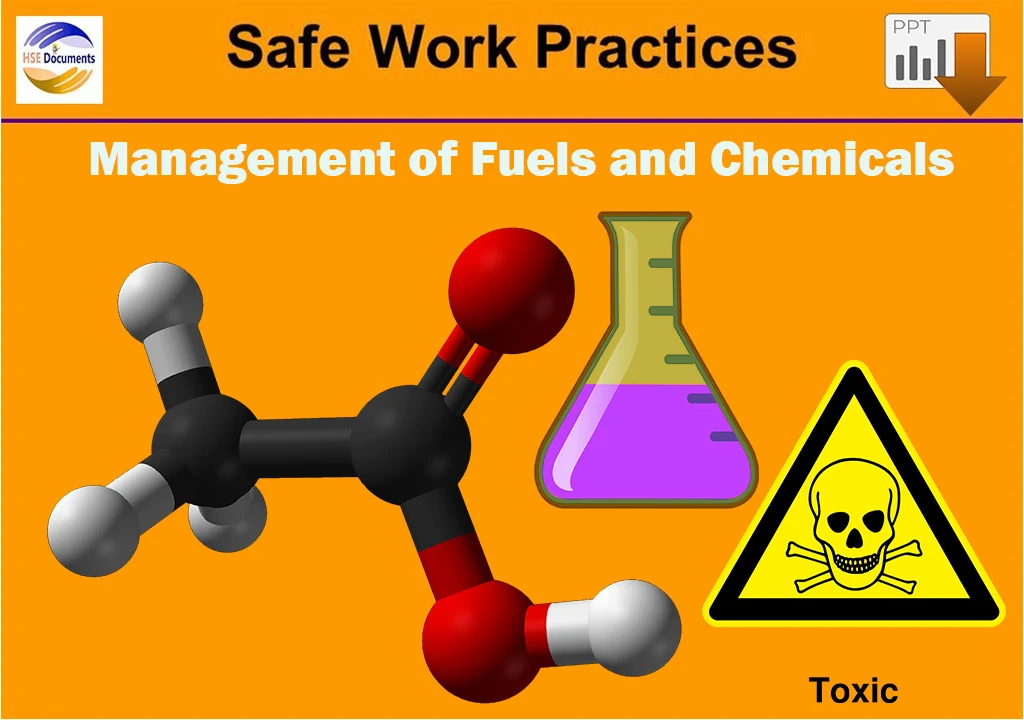Management of Fuels and Chemicals
What is needed?
Any procedures related to the management of petrochemicals
Characteristics of the Fuels & Chemicals
It is observed and diagnosed by the majority of people and chemical & medical specialists that fuel and chemicals in any form have the potential and capability to harm, but very few people are aware of the impact they can have on the environment and or on other living creature.
What Fuel Can?
- Instantly kill wildlife, including fish, mice, insects, and plant life
- Pollute watercourses result in devastating environmental impacts
- Accumulate within plants and animals and be passed onto humans via the food chain
- Accumulate over prolonged periods in the ground causing a major pollution problem. With increasingly strict legislation and policing bodies such as the Environment Agency, the polluter can be prosecuted and made to pay for the clean-up and the damages caused.
The worst fuel and Chemical impact can be avoided by practising the following guidelines:
Containers and Barrels
- Care must be taken when moving or using containers/barrels containing fuel
- Do not store drums too tightly against each other so that those in the centre cannot be seen. Store all containers/barrels in such a way so that all the containers can be seen to inspect for any leaks
- Check that the bung is secure before moving any barrels or containers
- Ensure that all tanks, drums, containers, and barrels are labelled with their contents, this is particularly important when the re-use of containers occurs
- Do not leave containers/barrels lying around where they may be struck by plant
- Do not leave containers/barrels in areas adjacent to watercourses
- Dispose of empty containers/barrels in correct waste disposal facilities as they always retain some liquid which is a potential contaminant.
Storage Tanks
- Large tanks of diesel or other bulk liquids must be protected by an impermeable or lined bund, which has to be 110% capacity of the storage container
- Storage Tanks’ Taps must always be focused and installed within the bund and require to be padlocked to negate and rectify any issue with spillage and vandalism
- Frequently examine, observe and inspect taps and hoses for any leakage possibility.
Maintenance of Machinery and Plant
- Drip trays must be placed under the plant and must be emptied regularly into the correct disposal facilities
- The refuelling of the plant must not be carried out within 30 metres of any watercourse
- Maintenance of plant must not be carried out within 30 metres of any watercourse (Please note that thirty metres are given as a guideline for an ideal situation).
Undertake a Practical Exercise:
- Fill up a bucket of clear water and intentionally throw it over. (Causing a spillage)
- Let the workforce and other concerned employees take charge and allow them to cope with the so-called incident
- Once completed, discuss if the actions were correct and that all employees followed the company guidelines.
 |
| Management of Petrochemicals-Fuels and Chemicals |








No comments:
Post a Comment